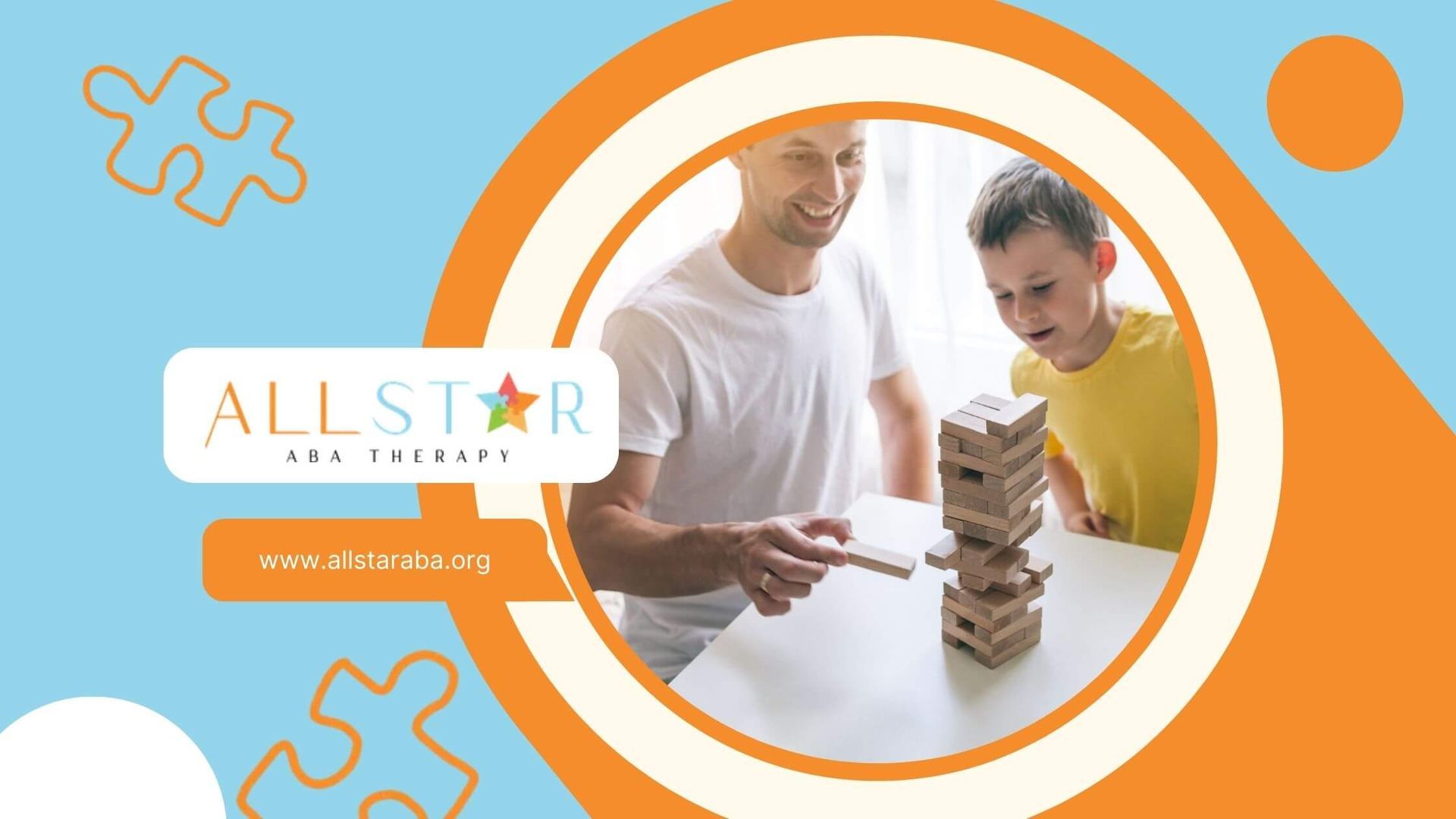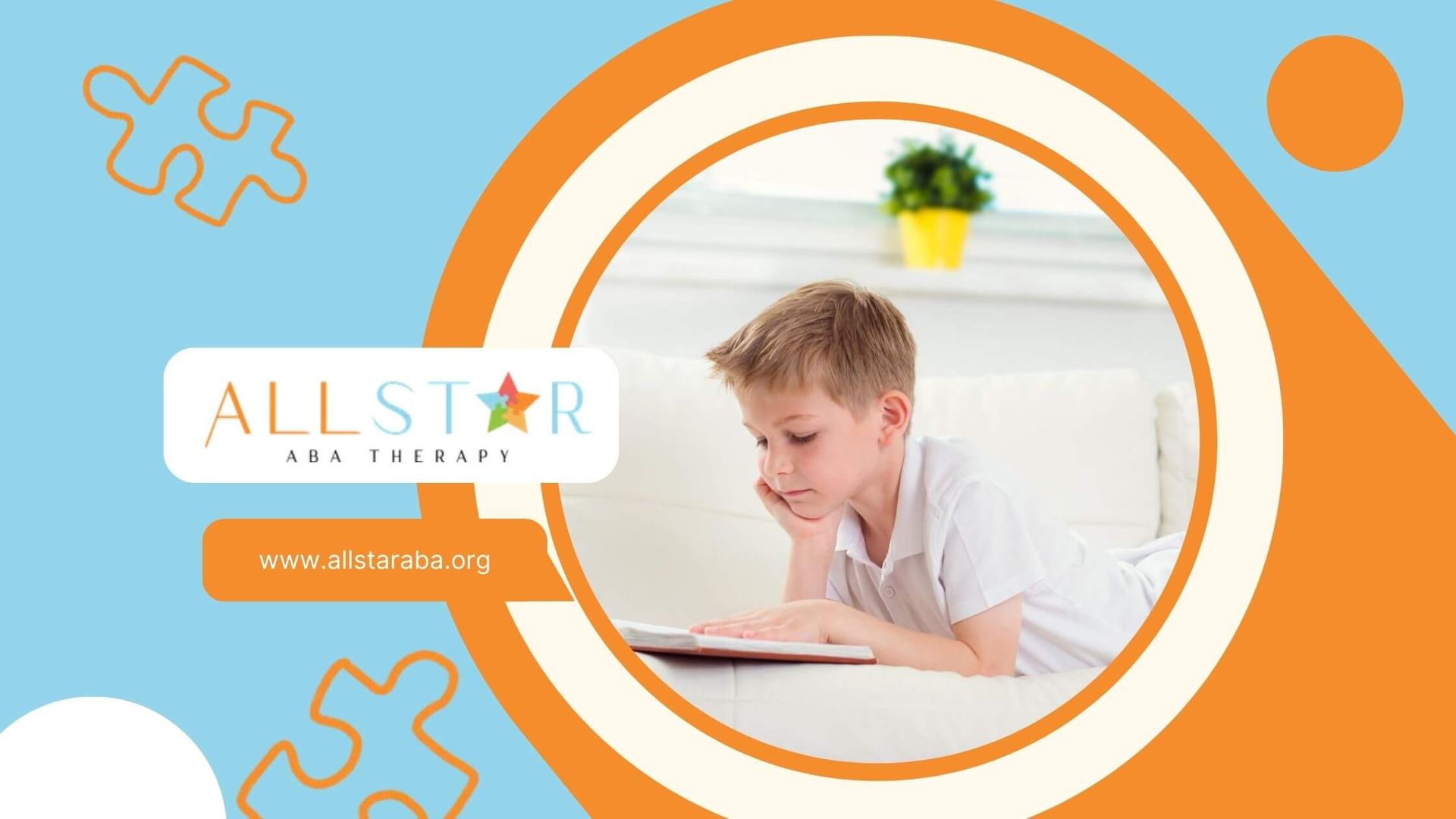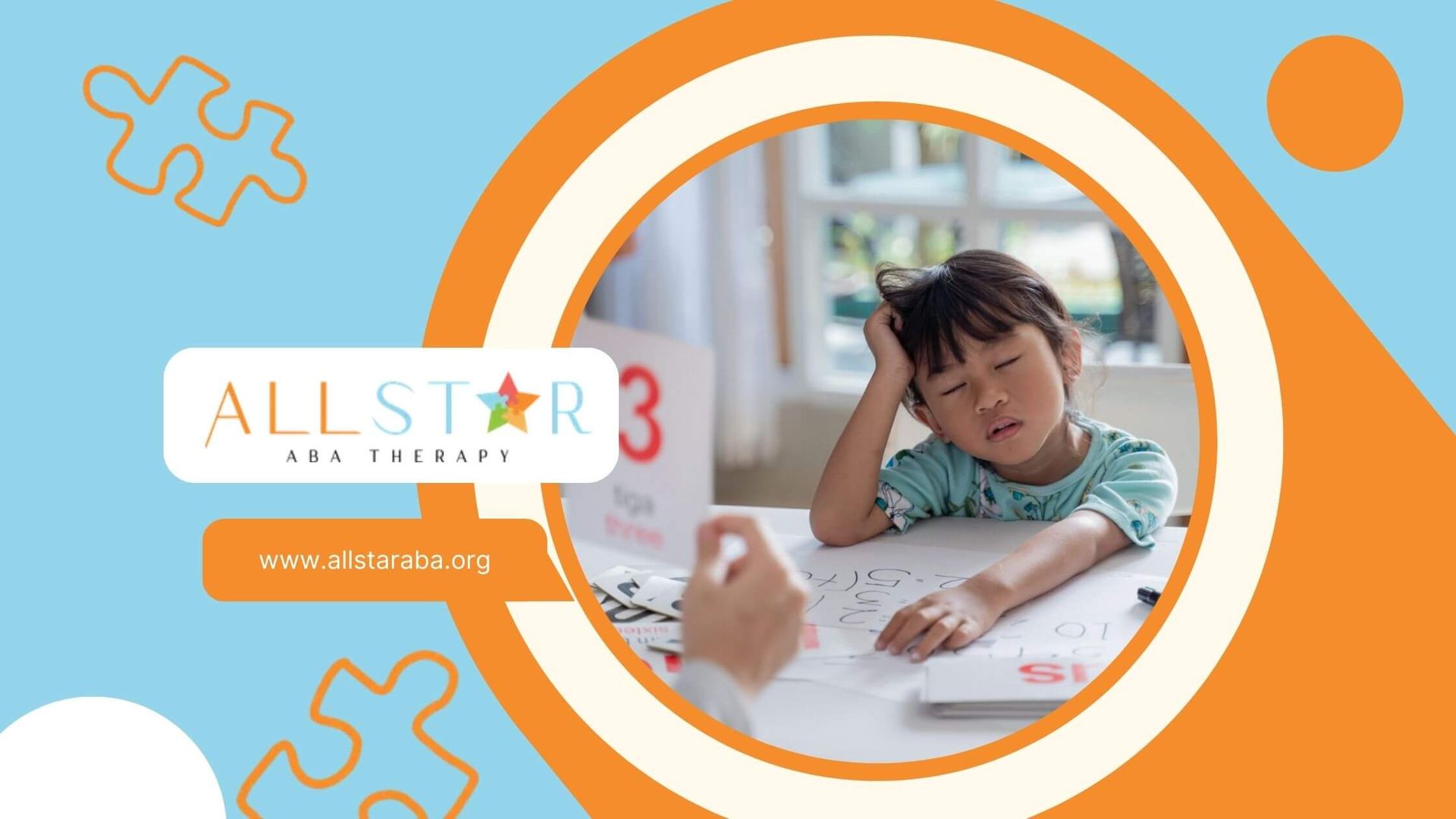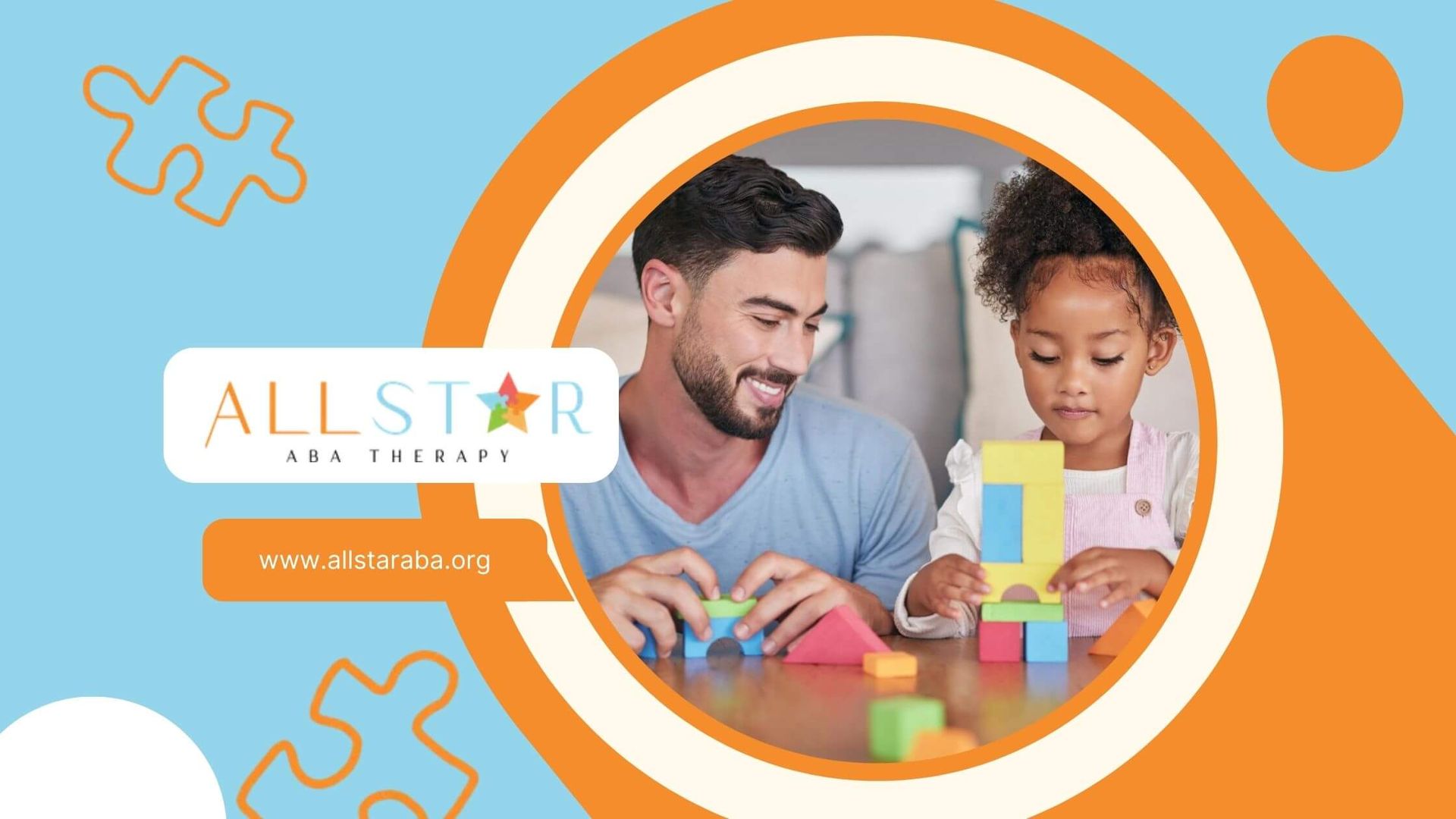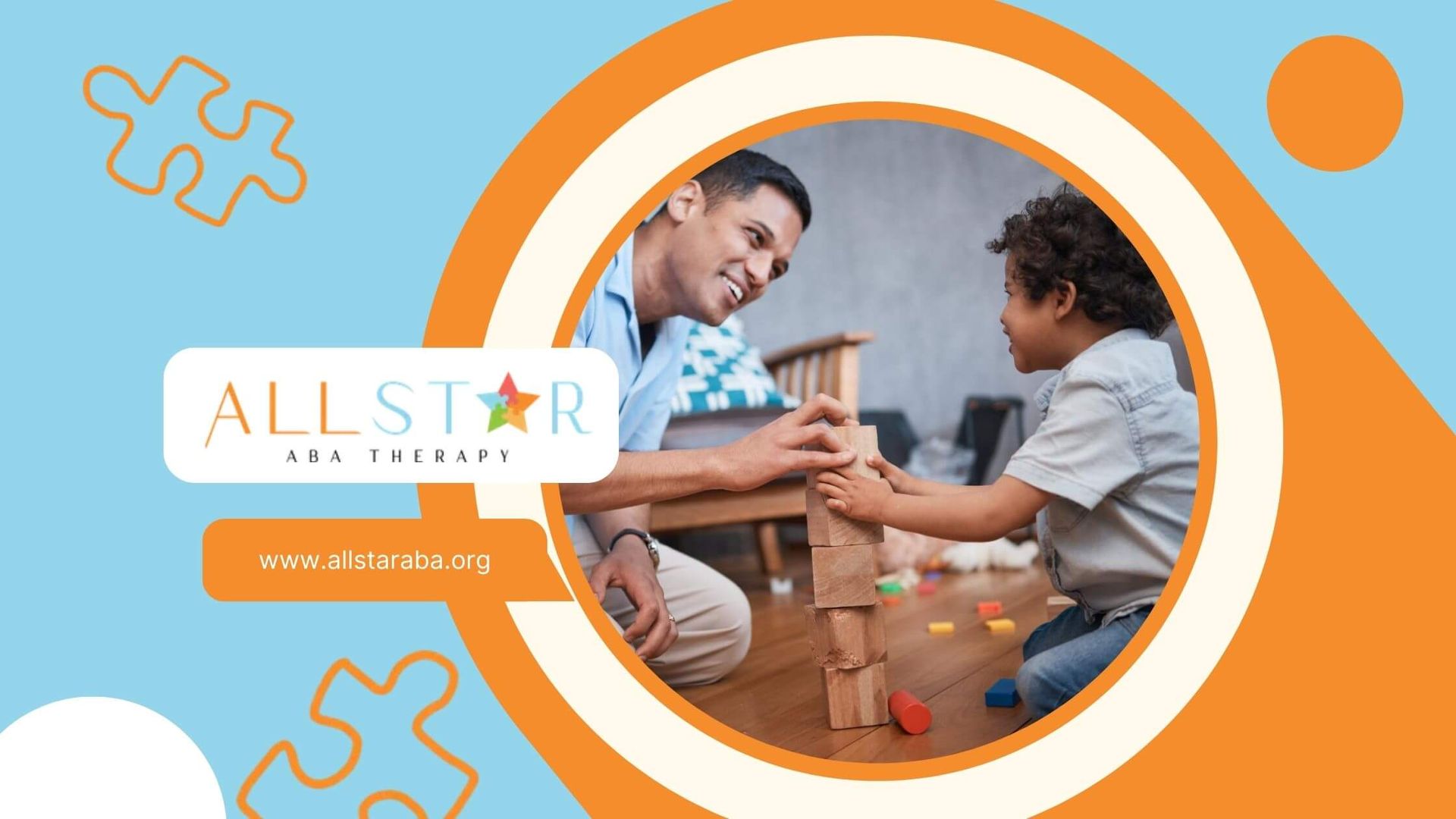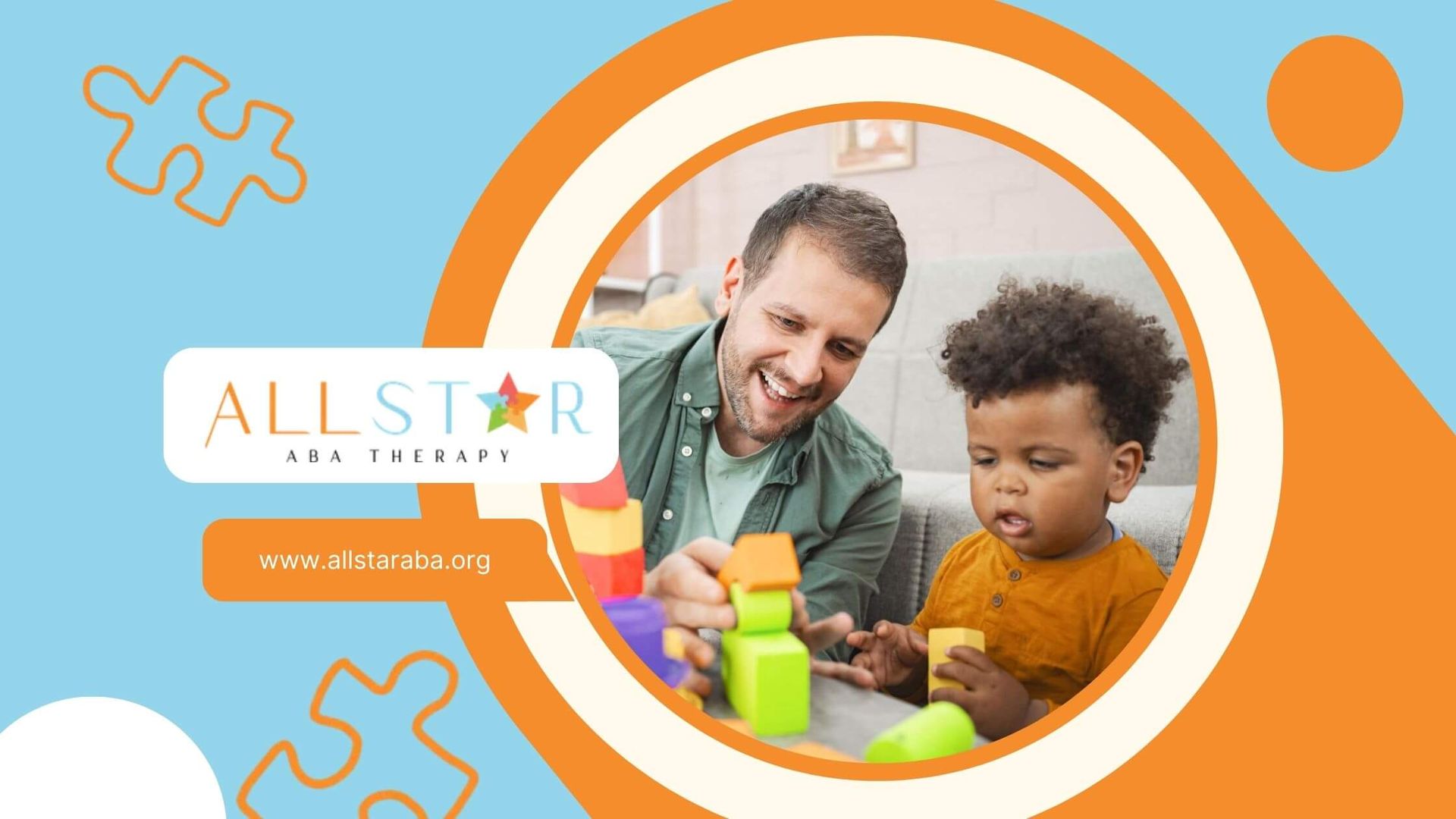New Paragraph
Autism’s Disability Status: What the Law and Community Say
Key Highlights
- Autism spectrum disorder is medically recognized as a developmental disability, though not everyone with autism identifies as disabled.
- U.S. laws classify autism as a disability, which means access to disability benefits and workplace accommodations is available for many autistic people.
- Healthcare providers use broad diagnostic criteria to determine autism spectrum, focusing on a range of symptoms and daily functioning.
- Social views are shifting, and the neurodiversity movement challenges traditional perceptions, highlighting unique strengths.
- Disability support programs and eligibility requirements differ for autistic children and adults, influencing the type and level of assistance provided.
- There’s ongoing debate about labeling autism as a disability versus a difference, reflecting diverse opinions within the autistic community.
Autism spectrum disorder (ASD) is medically considered a developmental disability in the U.S., but that’s not the full story. Many on the spectrum see autism as a difference, not a disability.
This article explores the legal definitions, social perspectives, and the lived experiences that make this question complex.
I remember working with a teenage client in home-based ABA therapy who was brilliant with computers but struggled in noisy classrooms. For him, noise-cancelling headphones weren’t just a comfort—they were the bridge between feeling excluded and participating fully.
Defining Autism Spectrum Disorder (ASD)
What the Diagnosis Means
Autism spectrum disorder describes a range of differences in communication, social interaction, and behavior.
According to the Centers for Disease Control and Prevention (CDC), about 1 in 31 children in the U.S. is diagnosed with autism. The term “spectrum” reflects that no two individuals experience autism in the same way.
From my own work as an ABA therapist, I’ve seen children who struggle greatly with daily routines, and others who thrive academically but find social interactions exhausting. Both experiences are valid—and both fall under the ASD umbrella.
Core Characteristics
The diagnostic criteria outlined in the Diagnostic and Statistical Manual of Mental Disorders (DSM-5) include:
- Persistent difficulties in social communication
- Repetitive behaviors or restricted interests
- Sensory sensitivities
- Challenges that affect daily functioning
Autism as a Developmental Disability
Why It’s Classified This Way
Medically, autism is a developmental disability because it often impacts how a person learns, communicates, and navigates daily life. This classification matters because it can open the door to services and legal protections.
For example, one young client I worked with needed frequent movement breaks during class. Without this simple accommodation, his anxiety would spike—affecting not just learning, but his entire school day.
Individual Variation
Not everyone on the spectrum experiences disability in the same way. Some need full-time support, while others live independently but still benefit from certain workplace or social accommodations.
Legal Recognition of Autism as a Disability
U.S. Laws and Definitions
Under the Americans with Disabilities Act (ADA) and the Individuals with Disabilities Education Act (IDEA), autism is considered a developmental disability when it significantly impacts daily functioning.
According to the ADA, this can include communication challenges, sensory issues, and difficulty adapting to changes.
Access to Benefits and Accommodations
Legal recognition allows individuals to access:
- Workplace accommodations
- Educational support plans (IEPs or 504 plans)
- Social Security Disability benefits in qualifying cases
An adult client I once supported thrived when given noise-cancelling headphones at work. Without this, the office environment was overwhelming. That simple accommodation kept him in a job he loved.
Workplace Rights for Autistic Individuals
Accommodations That Make a Difference
Employers are required to provide reasonable accommodations when autism affects job performance. Examples include:
- Flexible schedules
- Clear, written instructions
- Quiet workspaces
According to the Job Accommodation Network (JAN), many accommodations cost little or nothing—yet significantly improve productivity and employee retention.
Shifting Social Views: Disability or Difference?
The Neurodiversity Perspective
The neurodiversity movement encourages seeing autism not just as a medical condition, but as a natural variation in human brains.
Advocates like Dr. Stephen Shore, who is autistic himself, emphasize:
“If you’ve met one person with autism, you’ve met one person with autism.”
This means no single label—“disability” or “difference”—captures every autistic person’s experience.
The Ongoing Debate
Some believe the “disability” label is essential for ensuring access to resources. Others feel it can lead to stigma and overlook strengths like pattern recognition, creativity, or deep focus.
Disability Benefits and Eligibility
How Benefits Are Determined
Eligibility for disability benefits typically depends on how much autism affects:
- Social communication
- Daily functioning
- Ability to work or attend school
Government agencies require formal documentation from healthcare providers, which often includes developmental assessments and behavior observations.
Support Across the Lifespan
For Children
Early intervention programs—speech therapy, occupational therapy, ABA—can help children develop essential life skills. According to the CDC, early support can improve outcomes in communication, socialization, and independence.
For Adults
Adult services may include job coaching, supported employment, and community living assistance. Unfortunately, these services are harder to access. Many adults fall into what’s called the “service cliff,” losing supports once they age out of school-based programs.
Conclusion
Autism can be both a disability and a difference—depending on personal perspective and life circumstances. The legal and medical systems classify it as a developmental disability, opening doors to important protections. But many autistic people embrace their neurodivergence as part of their identity, focusing on strengths rather than deficits.
As an ABA therapist, I’ve learned that labels matter less than the supports in place. The goal is simple: meet each person where they are, honor their individuality, and ensure they have what they need to thrive.
If your loved one could benefit from personalized ABA therapy, All Star ABA is here to help. We provide in-home ABA therapy, center-based ABA programs, and school-based ABA services across Maryland and Virginia.
Our compassionate team works with children and families to build skills, independence, and confidence—one step at a time.
Call us today to schedule a free consultation and see how we can support your journey
FAQs
Is autism always classified as a disability?
Not always. In the U.S., autism is a developmental disability if it significantly affects daily life. The degree of support needed varies by person.
What legal rights do autistic individuals have?
Under the ADA and IDEA, autistic individuals may receive accommodations in school, work, and public spaces, ensuring equal opportunities.
Can someone with autism receive disability benefits?
Yes, if autism limits daily functioning and meets specific criteria from agencies like the SSA. Documentation from healthcare providers is required.
Sources:
- https://www.autism.org.uk/advice-and-guidance/what-is-autism
- https://www.dol.gov/agencies/odep/program-areas/autism
- https://www.cdc.gov/autism/about/index.html
- https://blog.ssa.gov/recognizing-the-needs-of-people-on-the-autism-spectrum-and-their-families/
- https://www.mayoclinic.org/diseases-conditions/autism-spectrum-disorder/symptoms-causes/syc-20352928
- https://www.thinkglobalhealth.org/article/autism-and-identity-navigating-disability-versus-difference
Need Support?
We're Here to Help!
Our experienced team is ready to assist you. Reach out today to discuss how we can support your child's development and well-being.
Get started with expert ABA therapy today.



